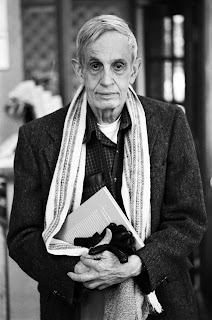Received an email from NUS today that all NUS students have complimentary access to the Premium subscription of FT.com. This is a wonderful news, since I'm a prolific reader of news and I now have access to one of the highest-quality news websites in the world. So for the next few months, instead of hunting for high-quality news using Google News, I'm going to try to consume news only through FT.com. I'm sure I'll enjoy it [except, of course, that FT's stance on political issues related to Iran, Libya, North Korea, Russia, Syria, Venezuela, etc., is going to be as corrupt as that of any other Western nation].
For more balanced/diverse/unbiased reporting on international affairs, I'll continue to read a mix of RT, RIA Novosti, Xinhua, etc.











